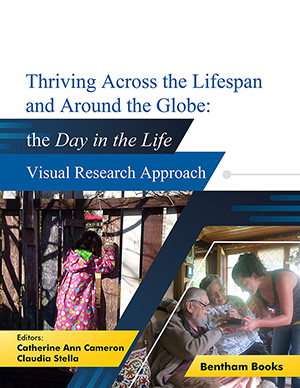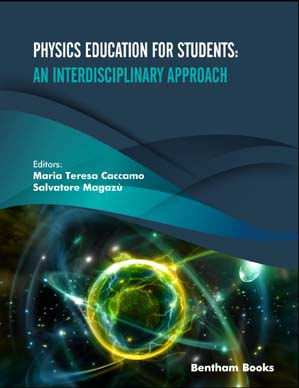Abstract
Human beings are one of the earth’s creations that looks around their problems and think about their responsibility to find a solution and take action accordingly. In nature, every creature except human beings is playing its role to make the world beautiful. You will know the difference if you imagine the earth with and without human beings. As per the world economic forum 2018 report, no less than 54% of all employees will require significant improvement in skills by 2022. By observing our present situations and demands, we can predict that this is the time to prove the worth of our existence in nature by making the world beautiful. The education system is the only possible solution that makes the world beautiful by enabling people to have a good mindset. This study is used to assess the challenges and solutions for reshaping the future of education. Innate abilities, natural ways of learning, inner programming, and new ways of learning are used to reshape the future of education according to the psychological aspect of a human being and student needs. To discover our talents, we need to follow a framework/process which gives us the freedom to blossom. The need of the hour is to design a new framework for reshaping the future of education. In the future, we, as people of the nation, have the responsibility to create an environment in which each student could naturally study for recreation.
Keywords: ASER, Decision making, Innate abilities, Inner programming, Mission, Modern technology, NIEPA, Passion, PISA, Play-based education, Practical knowledge, Psychological aspect, Purpose, Recreation, Schooling, Selfchosen activities, Theoretical knowledge, Traditional wisdom, Work-life balance.













